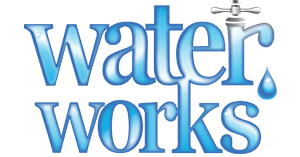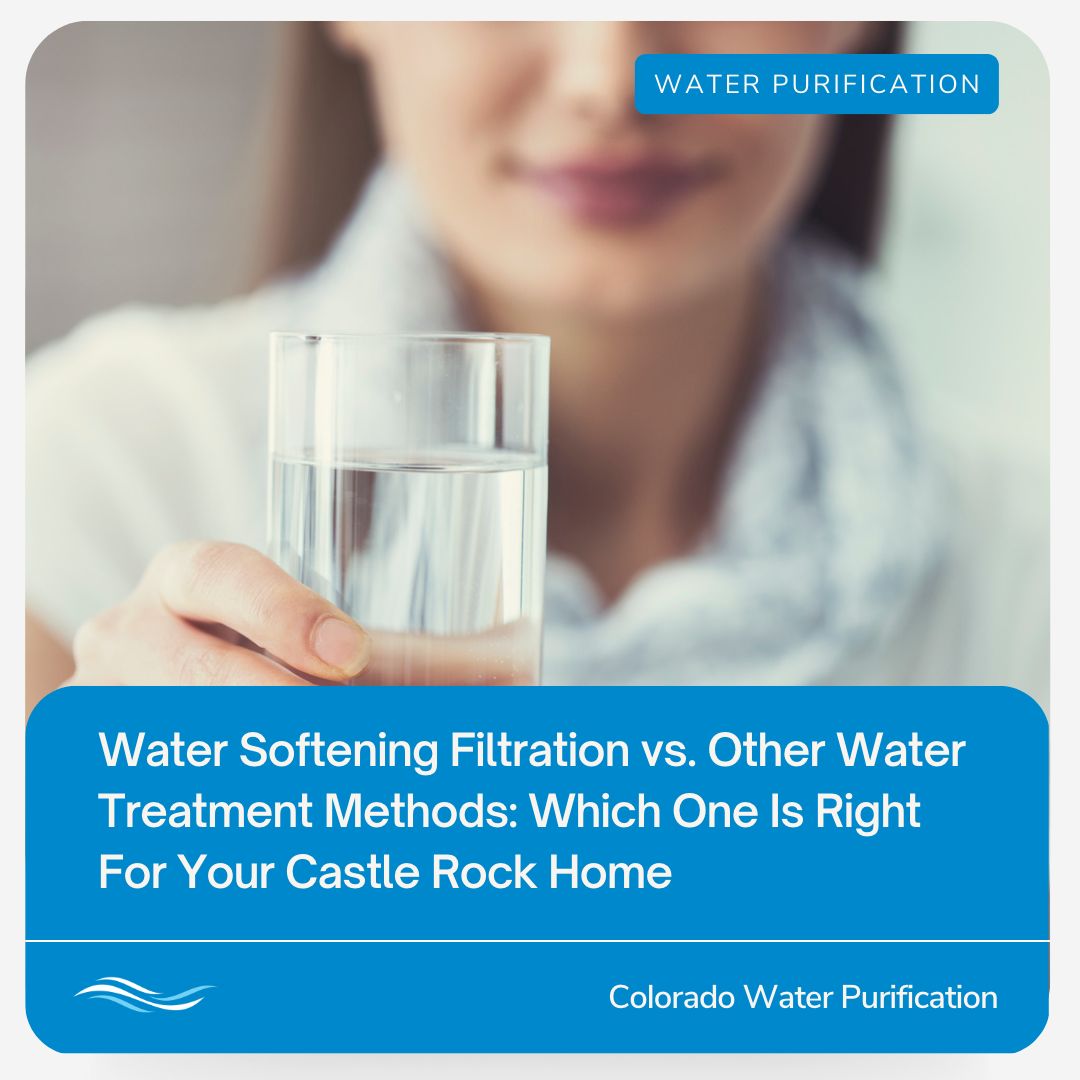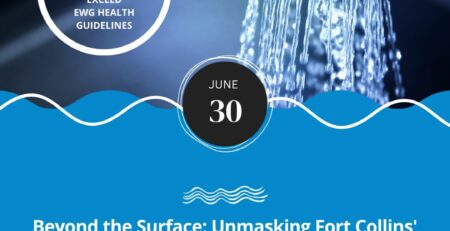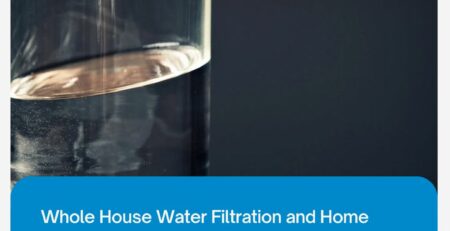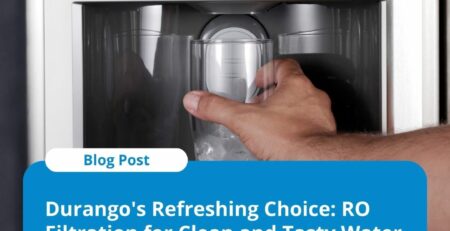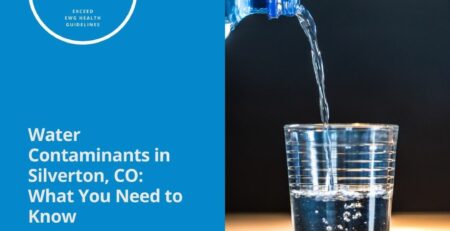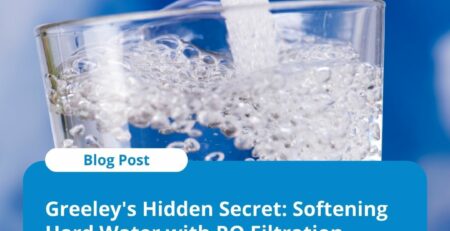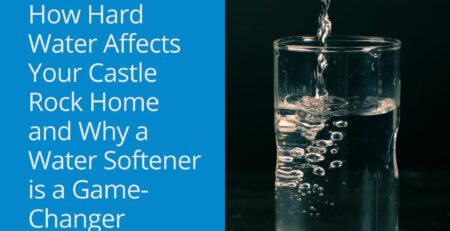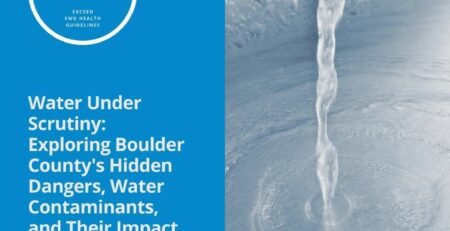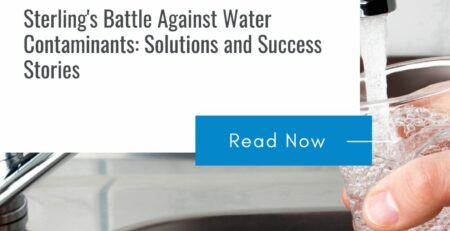Water Softening Filtration vs. Other Water Treatment Methods: Which One Is Right For Your Castle Rock Home
Are you a homeowner in Castle Rock and looking for the best solution to improve your water quality? Are you curious about the differences between water softening filtration and other water treatment methods? You’ve come to the right place! In this blog post, we’ll discuss how each of these treatments work and why one might be better suited for your home than the other. With our friendly yet informative tone, we’ll go over all of your options so you can make an informed decision that works best with YOUR budget.
Overview of Water Softening Filtration and Other Water Treatment Methods
Having access to safe drinking water is an essential part of a healthy lifestyle. Water softening filtration and other water treatment methods provide a solution in Castle Rock by removing impurities and contaminants from the water supply. While each type of water treatment offers its own benefits, it is essential to understand how they differ so you can choose the method which best fits your needs. Water softening filtration uses ion exchange technology and special resin filters that help to remove minerals such as calcium and magnesium, leaving behind softer and cleaner-tasting water. Other water treatment methods may include activated carbon filter systems that reduce chlorine taste and odor, reverse osmosis systems for total dissolved solids removal, or ultraviolet disinfection for reducing bacteria and viruses in the water supply. Whether you are looking for specific mineral removal or general purification, understanding all your options will help you make an informed decision about the type of water treatment that’s right for you in Castle Rock.
Benefits of Choosing Water Softening Filtration Over Other Methods
Choosing the right water filtration method for your home can be daunting, especially when considering all of the other options available. Castle Rock water softening filtration offers a remarkable solution! Not only is it incredibly effective at removing hard minerals and contaminants from your drinking water, but it also helps alleviate issues like dry skin, frizzy hair, and scaly dishware due to its excellent mineral redistribution capabilities. In other words, it not only provides great tasting and high-quality water to drink and cook with, but it also helps ensure that you’re benefitting from other positive effects as well! Even better – with Castle Rock’s superior knowledge and manufacturer certifications in this field, you can trust their expertise to give you the best possible results. If you’re looking for a reliable water treatment system for your home, then selecting Castle Rock’s Water Softening Filtration may be the perfect option for you.
Understanding the Difference Between Water Softening and Other Water Treatments
When it comes to water filtration systems in Castle Rock, many homeowners are left wondering which type of water treatment is right for them. The answer usually lies between water softening and other methods. Water softening filters out the magnesium and calcium that can harden your water and cause limescale build up in appliances. This process leads to smoother skin and hair, less spotting on dishes and glasses, and better tasting drinking water. Other types of treatments use processes such as reverse osmosis, sediment filtration, or carbon filters to remove a variety of impurities such as metals, several chemicals, bacteria and viruses. Understanding the differences between water softening systems and other treatments is key to finding the best solution for you and your family’s needs.
Identifying the Best Type of Water Treatment for Your Home or Business
Finding the best type of water treatment for your home or business can be tricky. For example, one popular option is water softening filtration. This method helps reduce hardness caused by a variety of minerals such as magnesium and calcium in the water. However, some experts suggest that this type of filtration could cause other types of contamination if it’s not done correctly. On the other hand, there are various other methods that may be more effective in treating hard water or preventing contaminants from entering your system; these include reverse osmosis systems, activated carbon filters, and ultraviolet treatments. Which option you choose will depend on what contaminant or impurities are present in your water and the needs of your family or business. Ultimately, whatever type of water treatment you select should be based on careful research and evaluation to ensure it meets your specific requirements and delivers clean, safe drinking water.
A Guide to Maintaining Your Water Softener System
Homeowners who want to maintain their water softener systems need to understand the differences between types of water treatment methods. The most effective method is water softening filtration, which works by filtering out minerals like calcium and magnesium to make your water softer, improving the quality of your faucet and shower water. But other treatments such as ion exchange are also available, so it’s important to weigh the pros and cons of each option before making a decision. Knowing how different types of systems work can help you get the most from your system and keep it running smoothly for years to come. With regular maintenance and an understanding of these treatments, you can easily enjoy the benefits of softer water throughout your home.
Tips for Troubleshooting Common Issues With Your Water Softener System
Troubleshooting common issues with a water softener system in Castle Rock, CO doesn’t have to be a worrisome task. In most cases, straightforward solutions are available that can help resolve common issues. Start by inspecting the system and verifying that all necessary maintenance has been performed. Ensure that the brine tank is filled to the recommended level, and check for any air or water leaks around fittings or hoses. If these steps don’t correct the issue, it may be more serious and require a certified technician for further diagnosis. Alternatively, you can also consider switching your current filtration system to a different water treatment method, such as reverse osmosis or UV purification. By understanding your options and following basic troubleshooting steps, you can find the best solution for purifying your home’s drinking water!
In conclusion, it’s important to understand the difference between each water treatment method when choosing the right one for your home or business. Water softening filtration can bring many benefits to a home or business and is generally the best type of water treatment available. However, other water treatments are still necessary in certain cases depending on individual needs and local water conditions. Finally, it’s important to ensure that your water softener system is properly maintained by regularly testing for hardness levels and cleaning the system when needed. If you maintain your system properly your equipment should last for years to come and offer you quality softened water with every use. Remember that if you have any questions about which type of water treatment would be right for you or how to maintain or troubleshoot your current system, our knowledgeable staff at Workflow can help guide you in choosing the best solution and get you started on getting great tasting soft water. So don’t hesitate: give us a call today!
